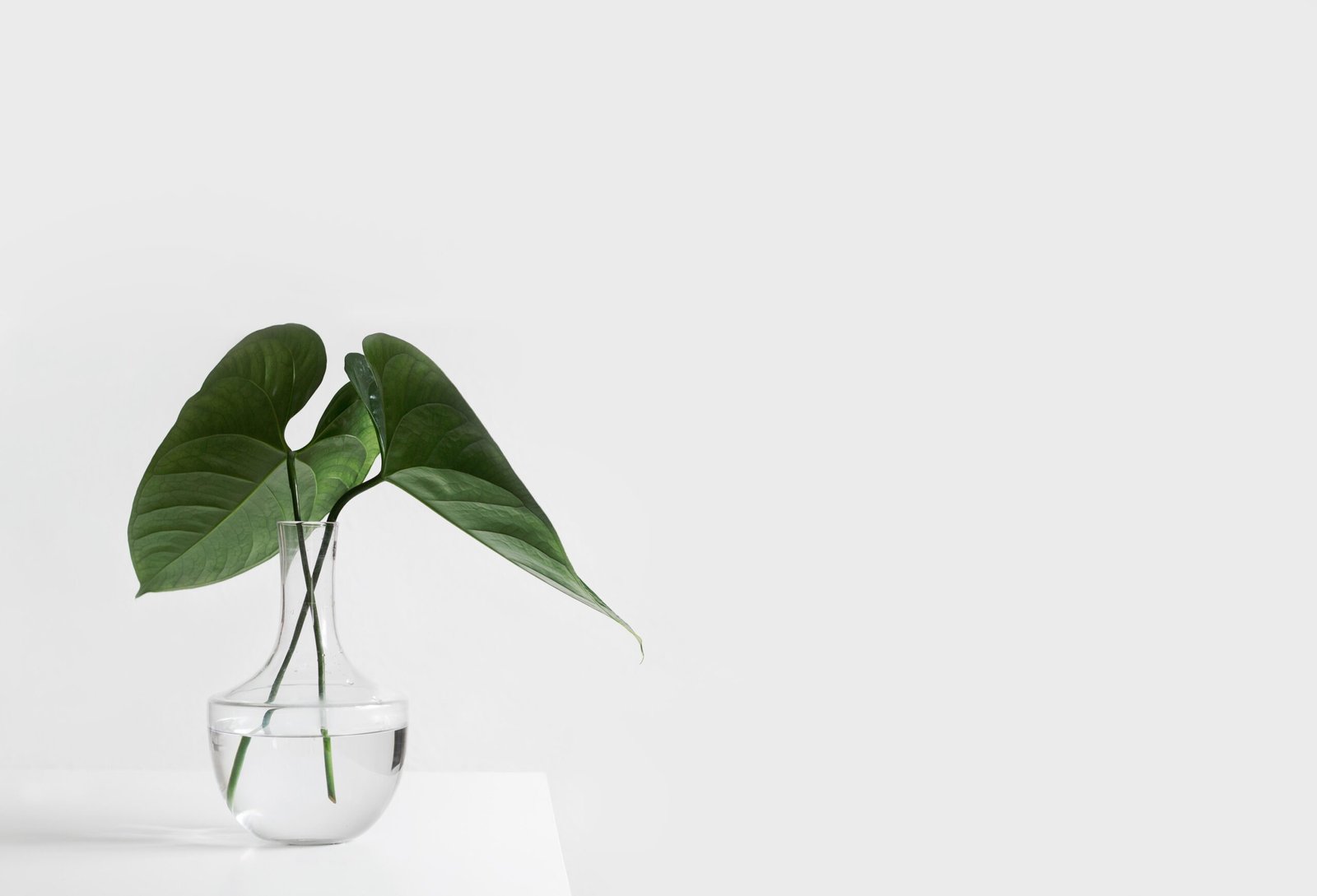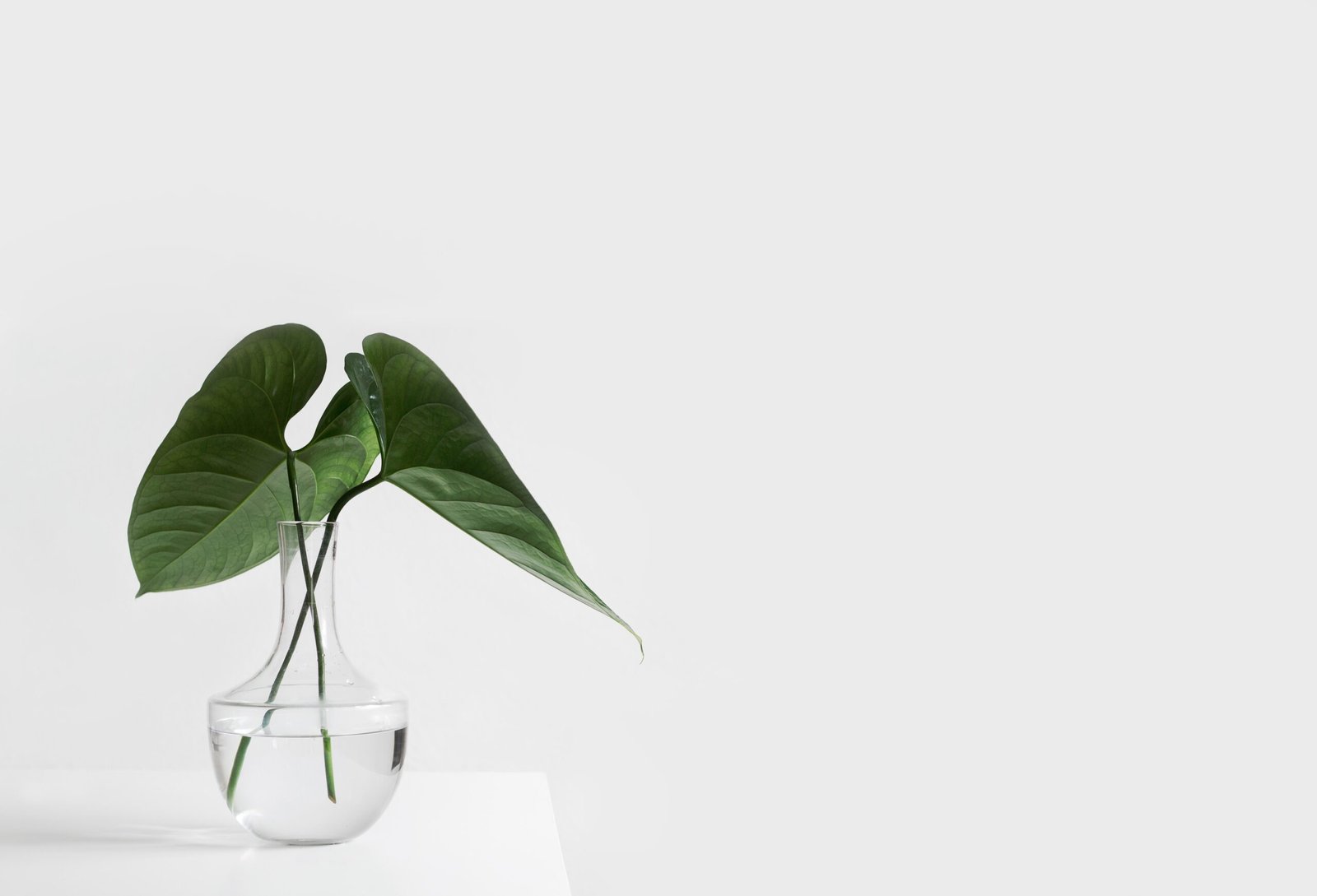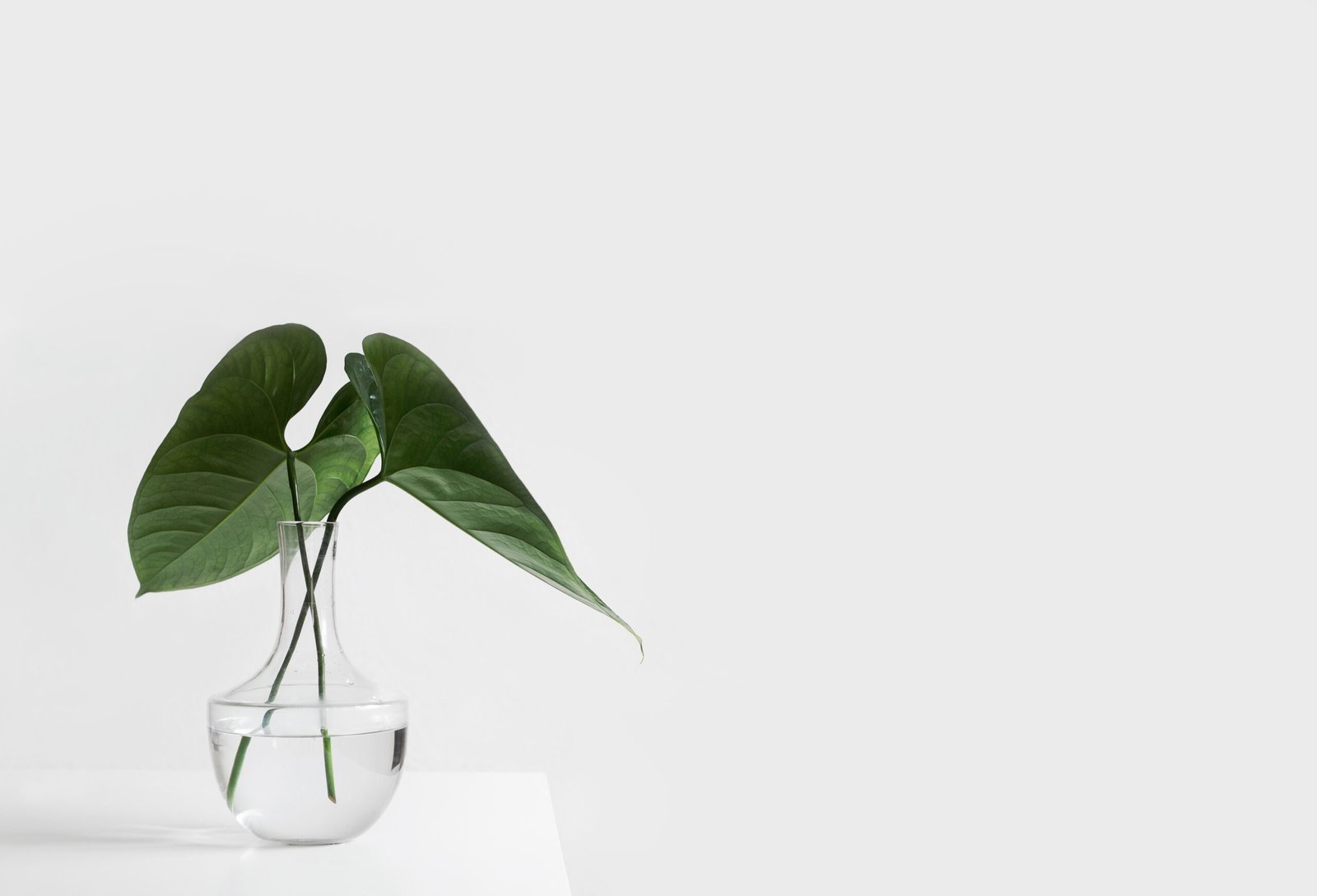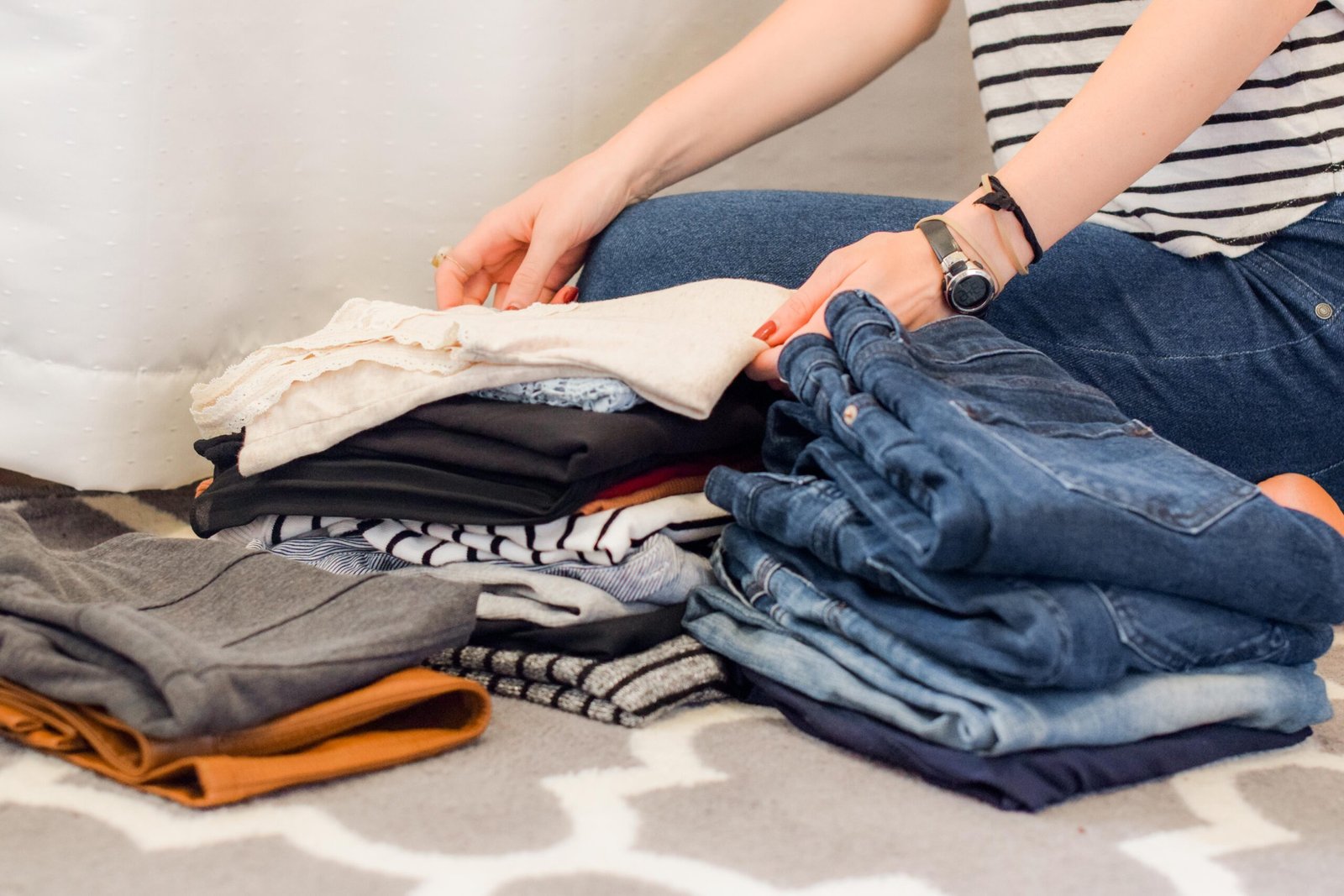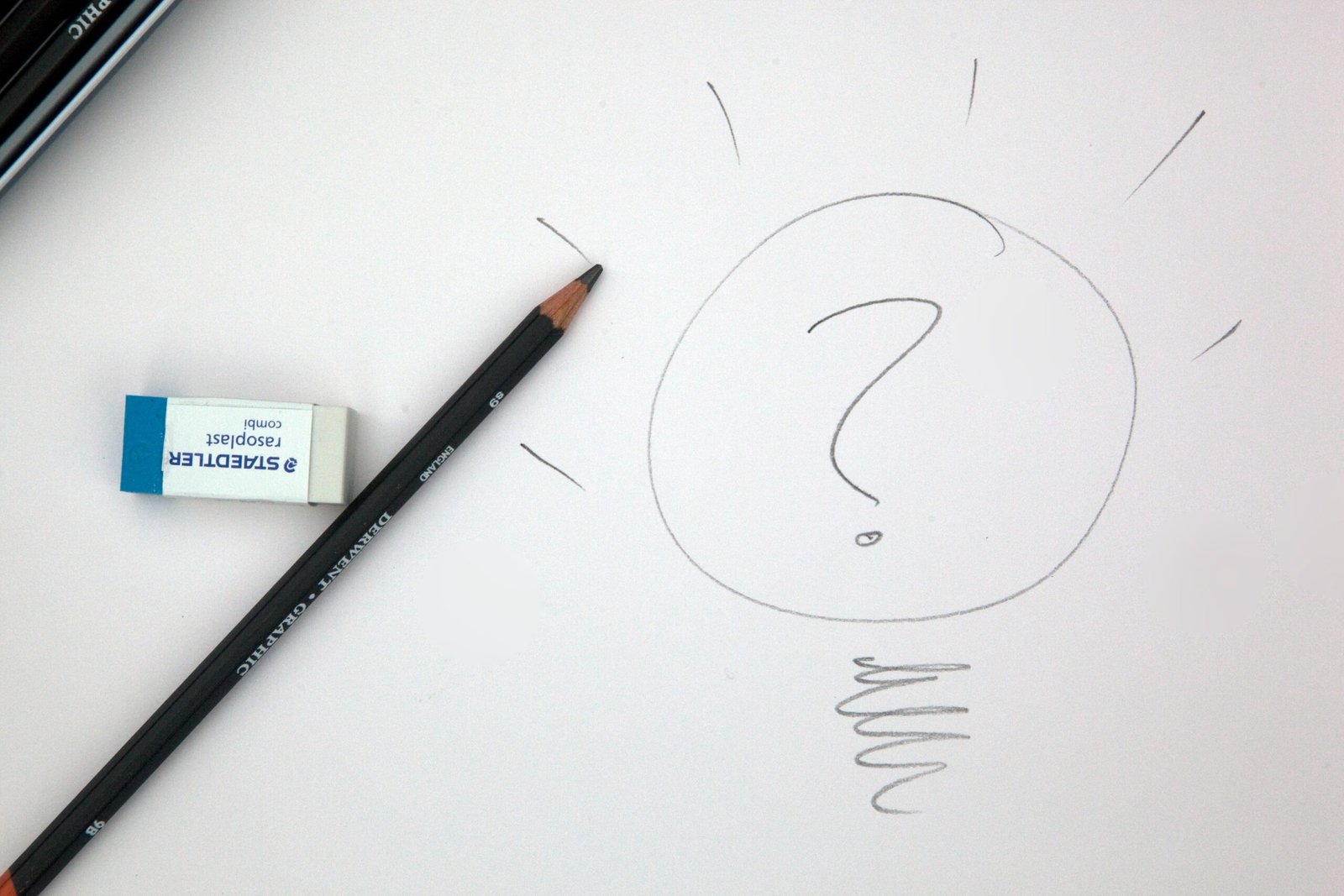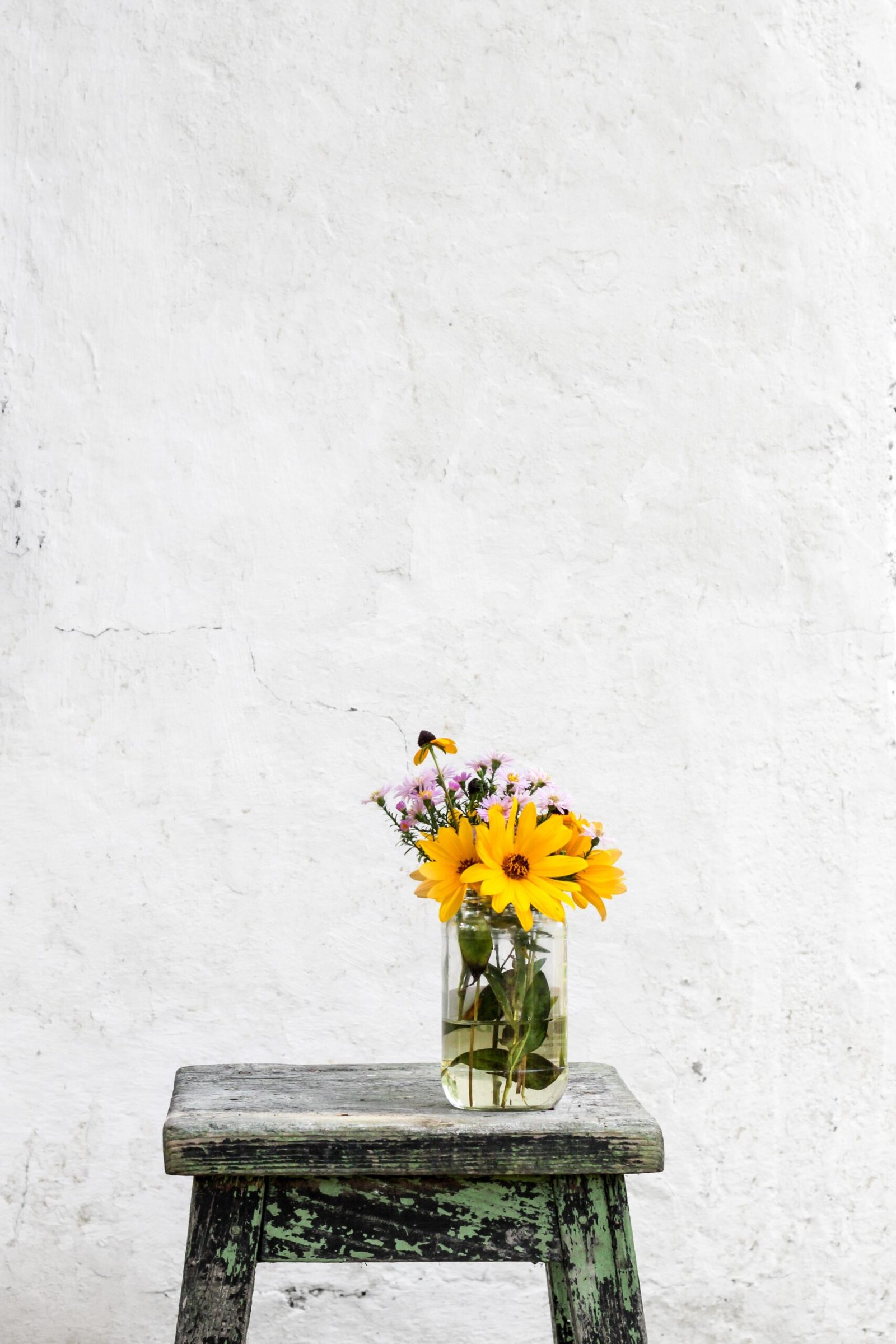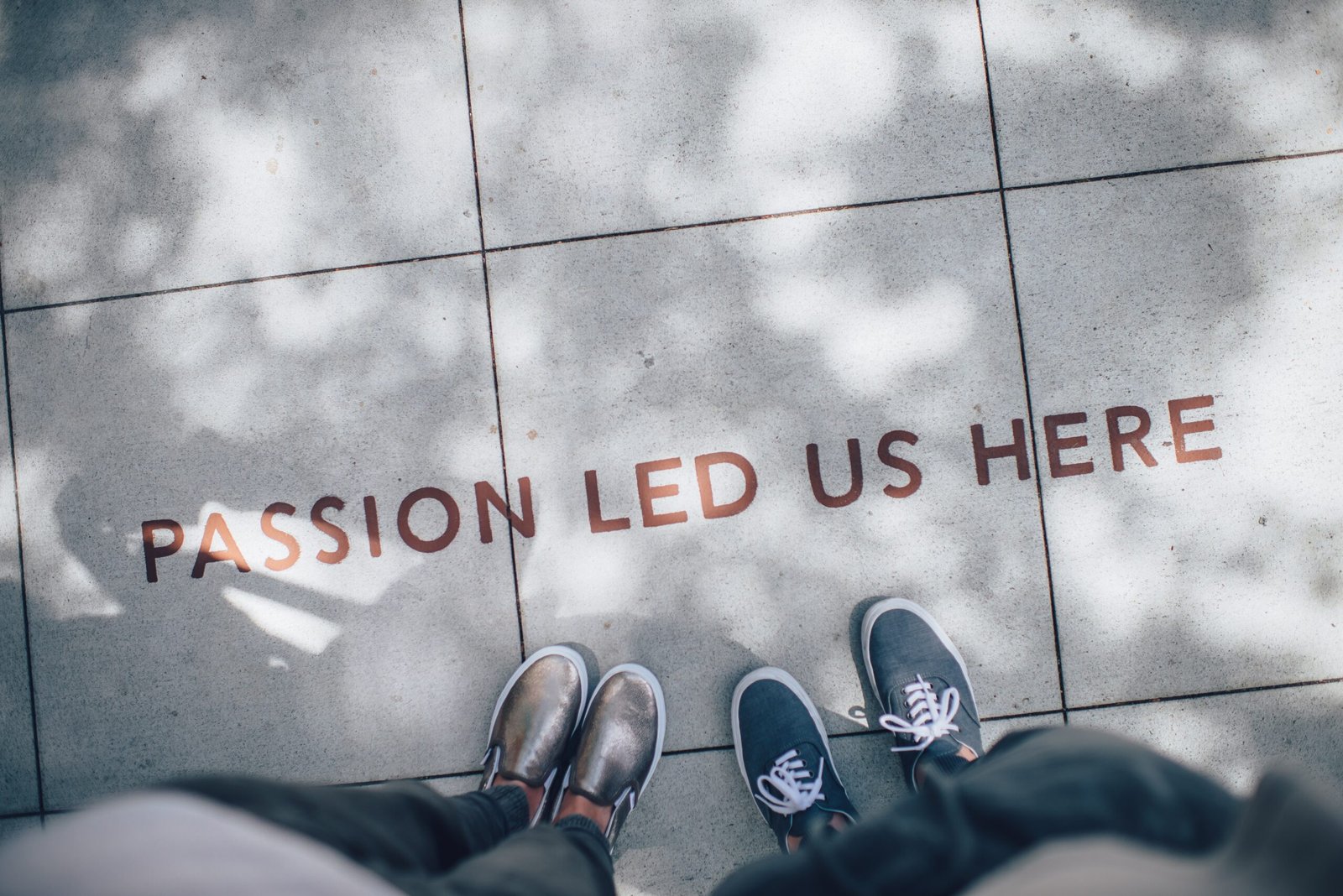The Benefits and Challenges of Decluttering Your Life and Living with Less
Embracing a minimalist lifestyle goes beyond tidying up physical spaces; it’s a profound shift in perspective that influences every facet of daily life. The allure lies in distilling existence to its essence, shedding excesses that distract from what holds genuine value.
At its core, minimalism champions intentional living, urging individuals to assess possessions, commitments, and habits through a lens of purpose. The process of decluttering isn’t solely about creating spacious rooms but crafting mental clarity. It cultivates a mindset attuned to essentials, fostering an environment where meaningful experiences and connections flourish.
Yet, the journey to minimalism isn’t devoid of challenges. Letting go of possessions linked to memories or social pressures can be emotionally daunting. Additionally, navigating societal norms that champion consumerism poses continuous tests to one’s commitment to simplicity.
However, the rewards are profound. A pared-down life allows for heightened focus on personal growth, relationships, and passions. Financial freedom often follows, as fewer material dependencies alleviate monetary strains. Moreover, the reduced environmental footprint aligns with sustainable values, contributing to a healthier planet.
In this exploration of decluttering and living with less, we’ll delve into the multifaceted benefits and navigate the hurdles, aiming to illuminate the path towards a more deliberate and fulfilling existence.
Benefits of Minimalist Living
- Less stress: One of the biggest benefits of decluttering your life is reduced stress. When you have fewer possessions and commitments, you can focus on what truly brings you joy and peace.
- More time and freedom: Living with less allows you to spend less time on cleaning, organizing, and maintaining your belongings. This gives you more time and freedom to pursue your passions, spend time with loved ones, and engage in activities that bring you fulfillment.
- Better mental clarity: Clutter can create mental noise and distract us from what truly matters. By decluttering your physical and mental space, you can achieve greater mental clarity and focus.
- Financial savings: Minimalism can also have financial benefits. By reducing unnecessary spending and focusing on what you truly need, you can save money and allocate your resources towards experiences and goals that truly matter to you.
- Environmental impact: Living with less can also have a positive impact on the environment. By reducing consumption and waste, you contribute to a more sustainable future.
Challenges of Minimalist Living
While there are many benefits to living a minimalist lifestyle, it’s important to acknowledge the challenges that may arise:
- Letting go: Decluttering your life requires letting go of possessions that may hold sentimental value or have been with you for a long time. It can be emotionally challenging, but it’s an opportunity for growth and personal development.
- Resisting consumerism: Living in a society that promotes consumerism can be challenging when you’re trying to live with less. It requires a shift in mindset and resisting the urge to constantly acquire more possessions.
- Dealing with societal expectations: Minimalism may go against societal norms and expectations. It’s important to stay true to your values and not let external pressures dictate your choices.
- Finding balance: Striking a balance between decluttering and maintaining a comfortable living space can be a challenge. It’s important to find a level of minimalism that works for you and your lifestyle.
- Managing relationships: Minimalism can sometimes be met with resistance from friends and family who may not understand or share the same values. It’s important to communicate your choices and find a common ground.
FAQs
Q: How do I get started with decluttering my life?
A: Begin by identifying areas in your life that feel cluttered or overwhelming. Start small and gradually work your way through each area, sorting items into categories of keep, donate/sell, and discard.
Q: What should I do with sentimental items?
A: Sentimental items can be the most challenging to let go of. Consider taking photos of these items or finding creative ways to repurpose them. Remember, the memories associated with these items live within you, not the physical object.
Q: How do I resist the urge to buy more things?
A: Before making a purchase, ask yourself if the item aligns with your values and if it truly adds value to your life. Practice mindful consumption and focus on experiences rather than material possessions.
Tips for Successful Minimalist Living
Here are some tips to help you embrace minimalist living:
- Start small: Begin by decluttering one area at a time to avoid feeling overwhelmed.
- Be mindful of what you bring into your space: Before making a purchase, consider if the item is necessary and if it aligns with your values.
- Focus on experiences: Invest your time and resources in experiences that bring you joy and fulfillment.
- Practice gratitude: Appreciate and be grateful for what you already have, rather than constantly seeking more.
- Regularly reassess your belongings: Periodically evaluate your possessions to ensure they still serve a purpose and bring you joy.
In conclusion, decluttering your life and living with less can bring numerous benefits, including reduced stress, more time and freedom, improved mental clarity, financial savings, and a positive environmental impact. While there may be challenges along the way, embracing a minimalist lifestyle can lead to a more fulfilling and intentional life. So, why not start decluttering today and experience the joys of minimalist living?
Call to Action
Share this blog post with others who may benefit from decluttering their lives and living with less. Together, let’s create a world where simplicity and intentionality reign.
